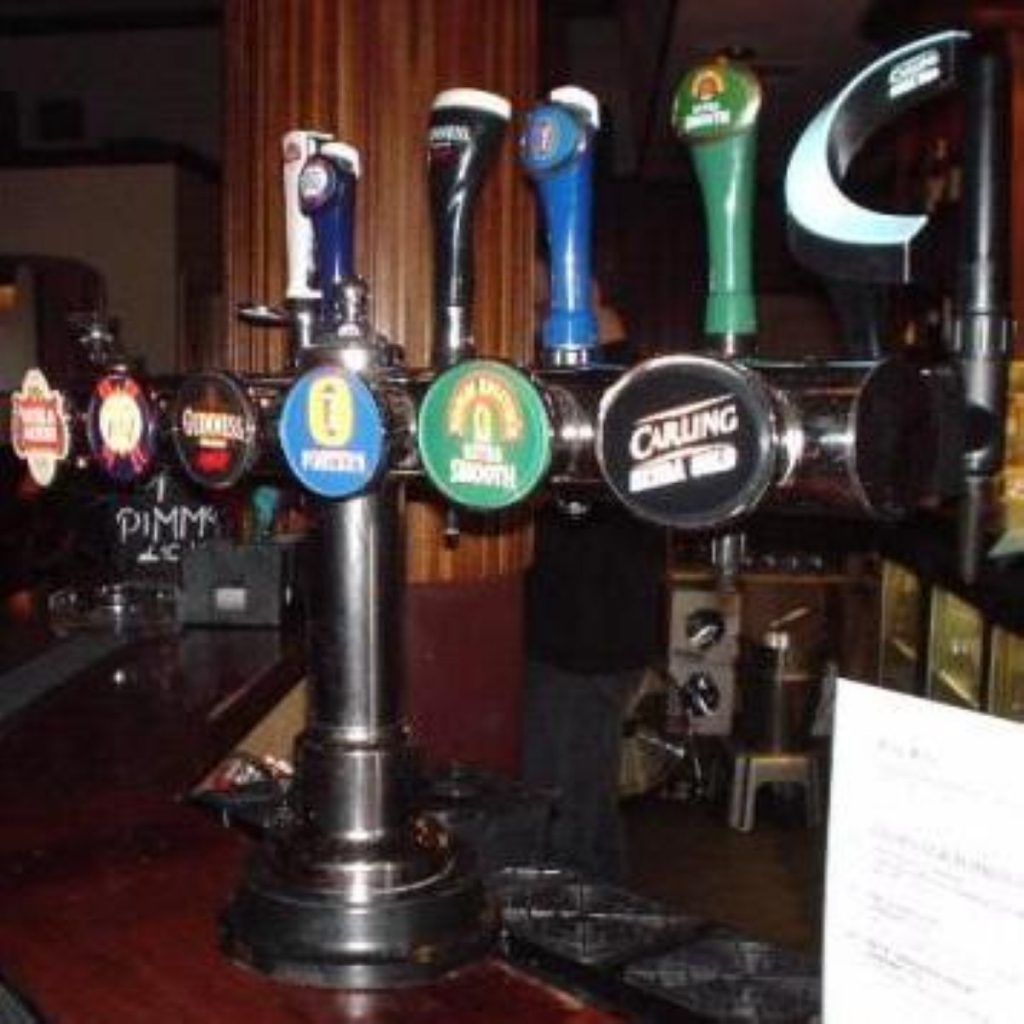HO publishes results of underage drinking campaign
The number of establishments selling alcohol to minors is on the decline, the Home Office claimed today, following a nationwide campaign to crackdown on underage drinking.
The Tackling Underage Sales of Alcohol Campaign (TUCAS) found fewer bars and off-licences were selling to teenagers, since the government threatened stricter penalties and imposed tougher enforcement laws.
The operation – which took place between May and June this year – found only 20 out of 2,683 businesses sold alcohol on three separate occasions to teenagers, with 220 doing so twice and 1,064 doing so once.
The Home Office operation claimed underage volunteers were successful in 15 per cent of 9,000 attempts; a 20 per cent reduction since the same time last year.


As well as tougher enforcement measures, the government also attributed the reduction to positive efforts from the drinks industry.
Home Office minister Vernon Coaker said it was clear the policy was becoming established as standard practice across the industry.
But, he admitted: “I am under no illusions that we need to continue to restrict the availability of alcohol to the under-18s and challenge the behaviour of people whose drinking causes damage to themselves and those around them.”
The Liberal Democrats accused the Home Office of spinning the figures, saying an enormous amount of pubs and supermarkets were still selling to children.
Culture secretary Don Foster said: “For the government to claim these figures a success is frankly ridiculous.
“The fact is that 40 per cent of the licensed premises targeted failed to check for identification and happily sold alcohol to minors.
“We cannot be duped into believing that underage drinking is under control when there is clear evidence to suggest quite the contrary.”
Echoing these concerns, Deborah Cameron of the Addaction drug and alcohol charity warned the government still must do more to raise awareness of the dangers of drinking alcohol underage.
Ms Cameron said: “[Minors] are getting it bought for them by other adults, including parents quite often.
“We are finding that minicab firms are doing alcohol runs for young children and of course the price of vodka is slightly less than the price of bottled water, so we have still got a problem for a substantial group.
“We have to have schools education programmes much more clearly linked to support to parents and support to young people.”
Twenty-one police forces will also mount operations during the October school half-term in an effort to disperse group of teenagers, confiscate alcohol and prevent anti-social behaviour.












